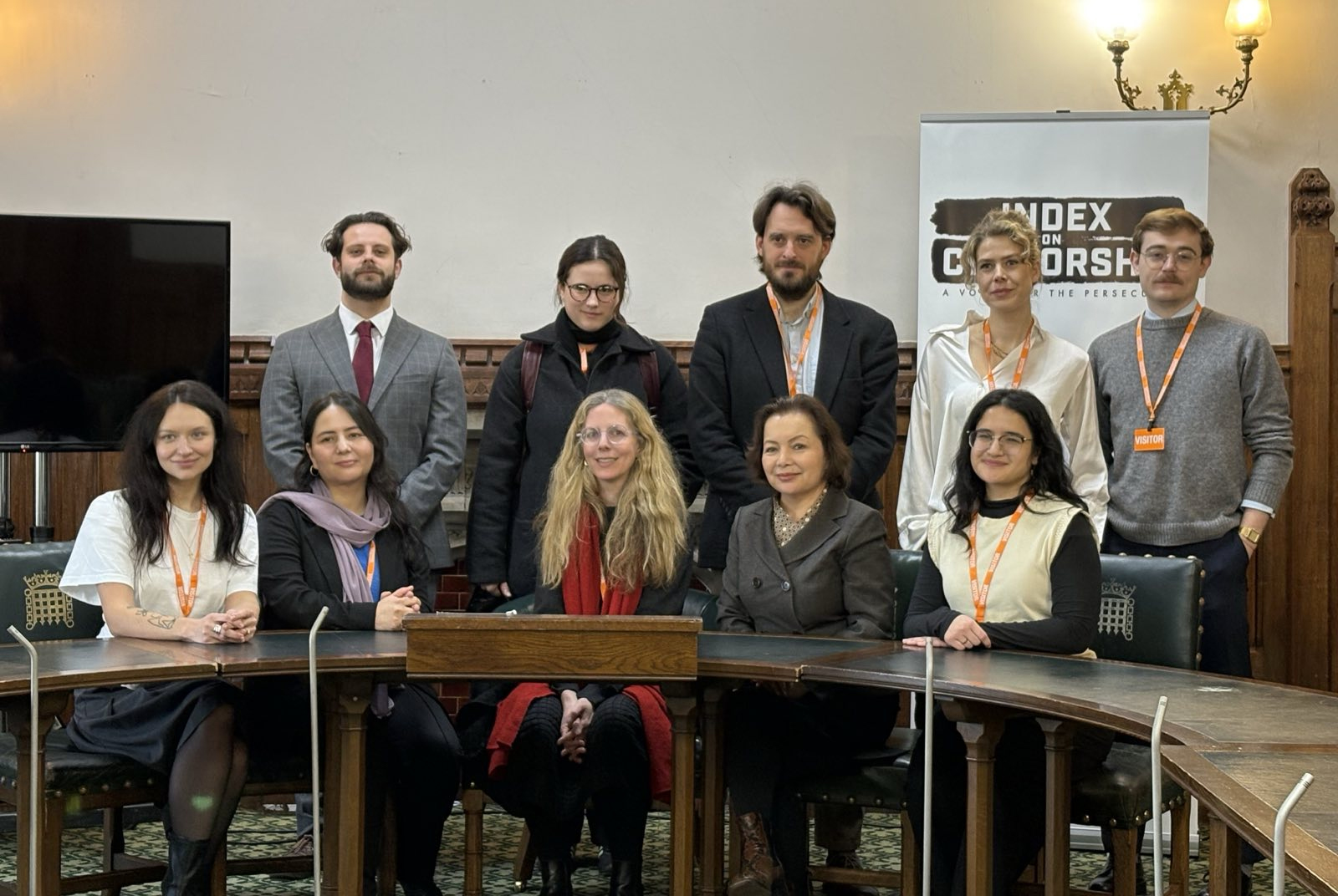
Illustration: Shutterstock
I had arranged to meet ‘Emma’ in a cafe, at the behest of a mutual friend. As a student of forensic computing informatics, I was asked to help educate Emma about online privacy, a particular passion of mine.
Emma is an unassuming 24-year-old. Nothing about her physical appearance or mannerisms would divulge anything of the abuse she was subjected to at the hands of a former boyfriend.
She explained that she had experienced on-going violence while in a three-year relationship. Her partner had physically, verbally and emotionally abused her. In addition, her former boyfriend monitored and restricted her access to the Internet.
“I didn’t have anything private. I couldn’t do anything without him asking something about my behaviour, or my intentions, or whatever else I was doing. It was physical and psychological entrapment at its worst.” she said.
For Emma, our meeting was about learning to use tools to take control of her privacy in an age of mass monitoring. She was taking back the capabilities that were torn from her by her abusive boyfriend, by becoming empowered to protect herself in the on-line sphere.
During our conversation, I shared various techniques and tools she could use to browse sites anonymously, and I explained the concepts and principles of privacy-enhancing technologies – software including Tor and I2P (Invisible Internet Project), which would enable her to protect her identity.
Unsurprisingly, Emma has become extremely protective of her access to the Internet; a residual scar of the control she found herself being subjected to.
I was mindful also that it was the first opportunity I’d had which humanised a subject I’m deeply passionate about – often ascribed crypto-anarchism – to effect meaningful, beneficial change to someone else’s life. It also acted as a sobering realisation of the technological capabilities and opportunities available to ordinary citizens to thwart mass surveillance perpetrated by the National Security Agency, GCHQ and their ilk.
Technology has shifted traditional notions of personal privacy in unforeseen ways. We’ve entered a new world order, in which tools of oppression and exploitation are often pointed inward by a state acting as the abusive partner.
I couldn’t help but be reminded of Duncan Campbell’s Secret Society episode We’re All Data New: Secret Data Banks, broadcast 26 years ago. It detailed swathes of information being held on the entire populace of Britain in private sector databases; specifically I recalled the horror on the faces of unwitting participants, as Campbell accessed sensitive personal information from a computer terminal with minimal effort.
Councils sell copies of that data for a pittance nowadays; it’s the electoral register. In comparison to today’s data brokers, behemoth custodians of in-depth data held about each and every one of us, the private databases of yesteryear seem almost quaint. Surveillance is as ubiquitous as ever, and so pervasive that it is has merged into an almost indecipherable cacophony from data-mining business models to gluttonous mass surveillance by the government and its agents. Each has a thread in common, a fundamental component.
You.
Or, of most concern to me during our meeting, Emma.
Often the stakes and associated risk of using modern technologies are magnified considerably for those suffering from physical harm, psychological abuse or harassment. This is especially true in those fearful of seeking information or resources in genuine confidence – a capability cherished by those in such strained circumstances. As I listened to her experiences, I grasped from Emma’s tone she was afraid of exposing herself to potential further abuse.
“In some countries,” I told her, “I’d be considered dangerous. The skills I’m teaching you wouldn’t be tolerated, much less encouraged.”
In the aftermath of Edward Snowden’s disclosures, spearheaded by Glen Greenwald, Laura Poitras and The Guardian, of the activities of the United States’ NSA and United Kingdom’s GCHQ, it has become imperative that the sociological impacts of surveillance be recognised and addressed directly, if societies are to protect each and every one of its participants from such endemic spying.
But, too often, the insipid encroachment is interpreted solely as a technological problem, by which it is assumed surveillance must be countered wholly by the same. While technology is a component of a solution, it cannot derail the potential for abuse on its own.
Ultimately, the answer to surveillance on a personal or societal level demands a radical overhaul of attitudes and perceptions. People must share information, techniques and tools to help one-another protect their civil liberties. People must encourage each other to cherish their online and offline privacy. Technological mutual solidarity if you will. Ecosystems and privacy-enhancing technologies such as Tor and I2P, amongst a plethora of others, cater for this exact idealism; privacy by design, rather than by public policy.
Because it isn’t just about personal privacy anymore; nor was it, in fact, ever. It too is about dignity, morality and using technology as a vehicle to emancipate, to facilitate, and to embellish an underlying respect for individuals as citizens, and – especially in Emma’s circumstance – their sanctity as human beings.
Actively manage YOUR online privacy
Privacy-enhancing technology ecosystem, which enables users to communicate and browse anonymously, and circumvent internet censorship by routing traffic via intermediate nodes before transmitted to the intended site; prevents third parties from discovering a user’s location or their browsing habits.
Software that has similar capabilities to Tor in permitting anonymous or pseudonymous browsing. Can be used as standalone or in conjunction with other pieces of software to enhance a user’s ability to ensure communications remain as confidential as possible. Also contains web-based email among other features within its operating environment, which is accessible only via I2P itself.
A Live CD-based operating system, comprising of an entire operating environment, and contains both the aforementioned tools and additional software without disclosing evidence of its use, as it is self-contained on a DVD-R and operates in RAM, erasing evidence of its presence once a machine is switched off.
An instant messenger plug-in, and cryptographic protocol which is used to create secure instant messaging sessions between users in such a manner that conversations are plausibly deniable and affords for confidential, private communication between participants.
This article was published on 24 January 2014 at indexoncensorship.org




